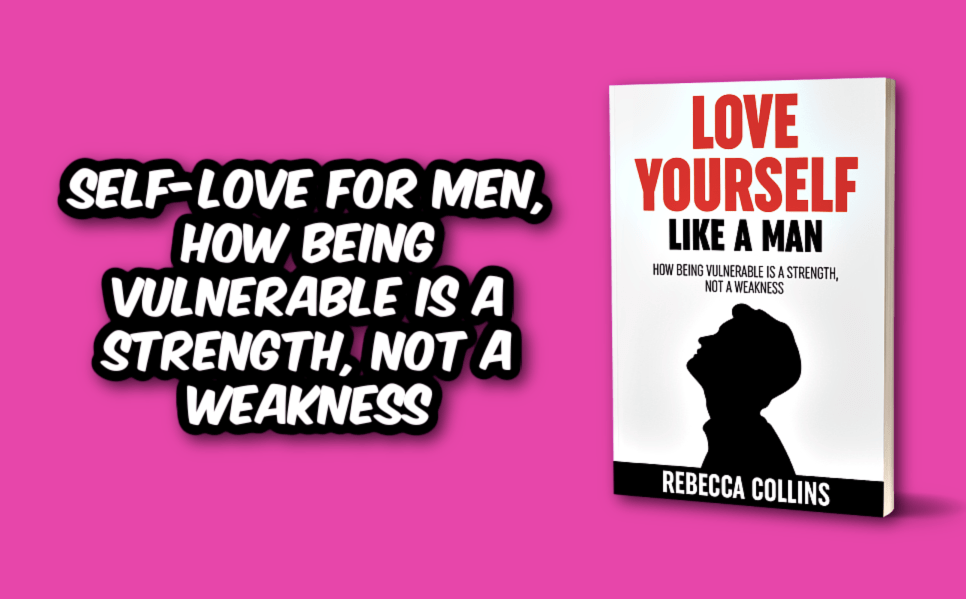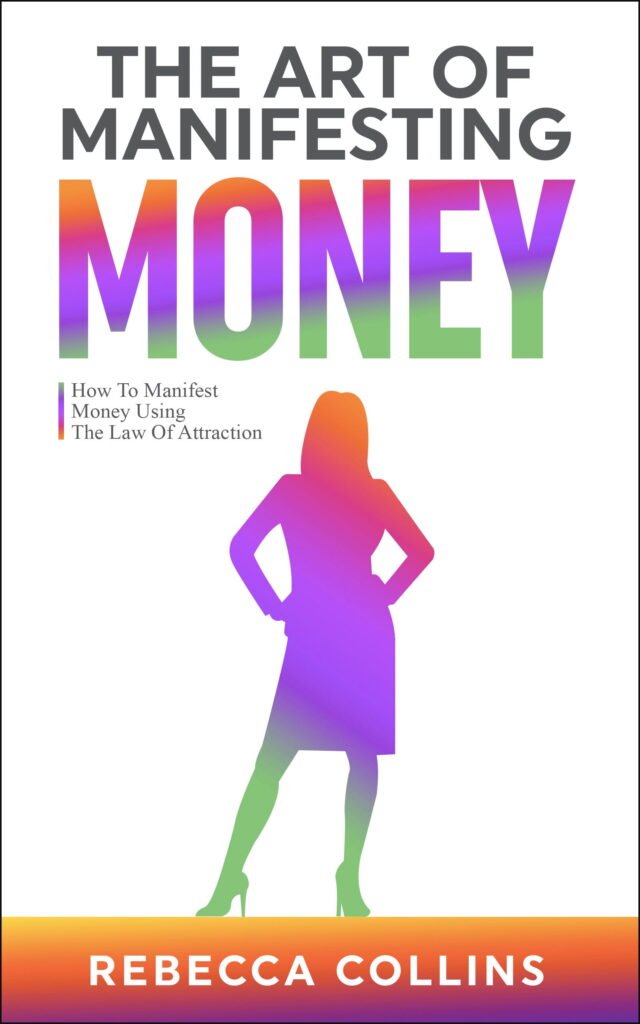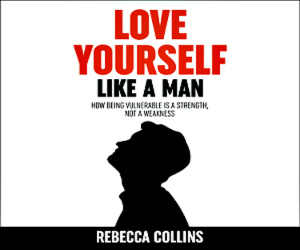Crying has long been associated with vulnerability, often stigmatized as a sign of weakness, especially for men. In a world where societal expectations dictate that men should be stoic and emotionally restrained, tears become a hidden aspect of masculinity.

However, the reality is far more complex. Men cry for a variety of reasons—stress, grief, joy, or relief—and doing so is not only natural but beneficial. Let’s explore why men cry, the pressures they face, and how releasing emotions can lead to a healthier life.
Living Up To Expectations
From an early age, men are often told to “man up” and suppress their emotions. Cultural norms and gender stereotypes perpetuate the idea that strength equates to emotional stoicism. Men are expected to be providers, protectors, and problem-solvers—roles that leave little room for vulnerability. This relentless pressure can lead to emotional repression, often causing stress, anxiety, and even physical health issues.
In relationships, workplaces, and social circles, men may feel the need to mask their feelings to avoid being perceived as weak or unmanly. Yet, this suppression doesn’t erase emotions; it merely delays their release. For many men, crying in solitude becomes a coping mechanism, a secret act of emotional liberation that provides temporary relief from the weight of expectations.
Why Men Cry
Men cry for many of the same reasons as anyone else: grief, loss, joy, or overwhelming stress. But certain triggers are uniquely tied to societal pressures:
- Milestones of Success or Failure: Reaching a long-sought goal or experiencing a major setback can bring tears of joy or frustration.
- Family and Relationships: Moments of connection, such as the birth of a child, or disconnection, like a breakup, can open emotional floodgates.
- Physical and Mental Exhaustion: A breaking point often occurs when the cumulative weight of responsibilities becomes too much to bear.
Contrary to stereotypes, these tears are not signs of weakness but of humanity, an emotional human being exists behind any individual whose outer world shows toughness, coolness and strength.
The Benefits of Crying
Crying serves as a powerful emotional release. Studies have shown that crying can improve mood, reduce stress, and promote mental clarity. Here’s how:
- Stress Relief
Tears triggered by emotions contain stress hormones, such as cortisol, which are released during crying. This biological process helps the body calm down and reset. - Enhanced Emotional Health
Suppressing emotions can lead to a host of mental health issues, including depression and anxiety. Crying provides an outlet to process complex feelings and move forward. - Improved Communication
Sharing emotions, including through crying, fosters connection and understanding in relationships. It signals vulnerability and trust, which can deepen bonds. - Physical Health Benefits
Crying can lower blood pressure and heart rate, both of which tend to spike during stressful situations. It’s a natural way for the body to restore equilibrium.
Breaking The Stigma
Society is slowly shifting its perspective on masculinity and emotional expression. Public figures, including athletes and actors, have openly shared their moments of vulnerability, challenging the notion that men should be emotionless. These shifts are paving the way for a healthier understanding of masculinity—one that embraces the full spectrum of human emotions.
For men, normalizing crying begins with self-acceptance. Recognizing that emotions are not a burden but a part of life that can help dismantle internalized stigma. Encouraging open conversations in families, schools, and workplaces can create environments where men feel safe to express themselves.
A Path To Emotional Freedom
Crying is not a sign of weakness; it is a testament to one’s humanity. By releasing emotions, men can free themselves from the weight of societal expectations and experience the benefits of emotional balance.
The next time a man sheds a tear—whether in the privacy of his own space or in the company of others—it’s worth remembering that it’s not a moment of fragility, but a courageous step toward self-healing.
If you love a man or you are a man who wants to learn to love himself more, click the following link, take a look at this book from Rebecca Collins or click the image below
































































Add comment